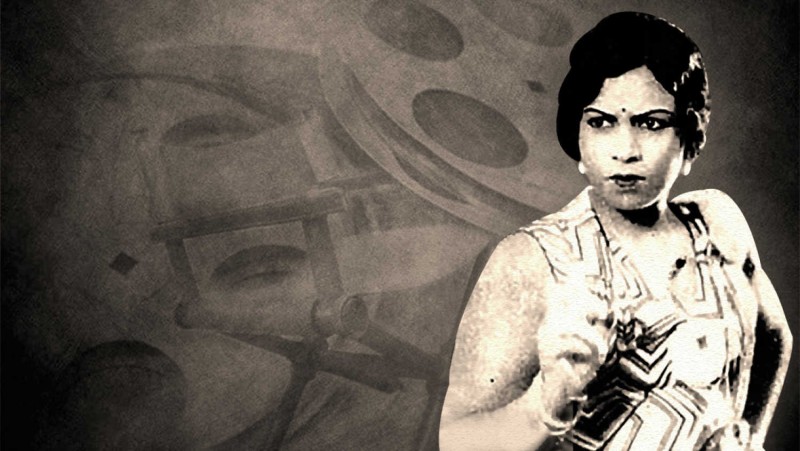
As the first female film producer and director in Indian history, Fatema Begum was a trailblazing visionary who has a significant place in the history of Indian cinema. She paved her way in the largely male-dominated film industry by overcoming societal and gender standards of the time. Fatema Begum set the way for subsequent generations of female filmmakers by transforming Indian cinema with her extraordinary talent, tenacity, and entrepreneurial energy.
Childhood and Film Introduction
Fatema Begum was born in India in the late 19th century, a time when the majority of a woman's responsibilities were domestic in nature. She was determined to forge her own path and immerse herself in the worlds of storytelling and art, though.
As an actress in the theater, she exhibited her talent and love for the performing arts before embarking on her adventure into the world of movies. Her commitment and acting talent quickly attracted the attention of directors, paving the way for her admission into the emerging Indian film industry.
pursuing a career in direction and production
Fatema Begum began her career in direction and production after becoming intrigued by the potential of film as a storytelling tool. She bravely defied expectations and set out to make her films at a time when female engagement in the film industry was practically unheard of.
She founded her production firm, Fatema Films, in 1926, making her the first woman of Indian descent to do so. This innovative project broke down obstacles for women aspiring to creative roles behind the camera, marking a historic milestone in Indian cinema.
India's contribution to world cinema
With "Bulbul-e-Paristan" (1926), a movie she also produced, Fatema Begum made her directorial debut. She became known as a skilled filmmaker thanks to the critical acclaim her silent film earned. Her other productions, such as "Gul-e-Bakawali" (1929) and "Heer Ranjha" (1929), further cemented her status as a forward-thinking producer and director.
As a storyteller, Fatema Begum incorporated themes that questioned social conventions and promoted women's emancipation into her films. She aimed to promote women's agency and encourage others to reject patriarchal norms through her art.
Influence and Legacy
Far beyond her time, Fatema Begum made significant contributions to Indian cinema. Her foresight helped pave the way for more women to work as writers, producers, and directors in the film industry.
Her accomplishments and tenacity served as an example for aspiring female filmmakers, demonstrating that they could achieve in top positions within the business and in managing creative projects on an equal footing with men.
Today, as more and more women achieve notable success in Indian cinema, Fatema Begum's legacy endures, inspiring people around the world with her example of the strength of talent, grit, and overcoming gender boundaries.
Akshay Kumar: Balancing Stardom and Social Impact in Bollywood
Cultural Heritage in Motion: The Stories and Traditions of Celebrations